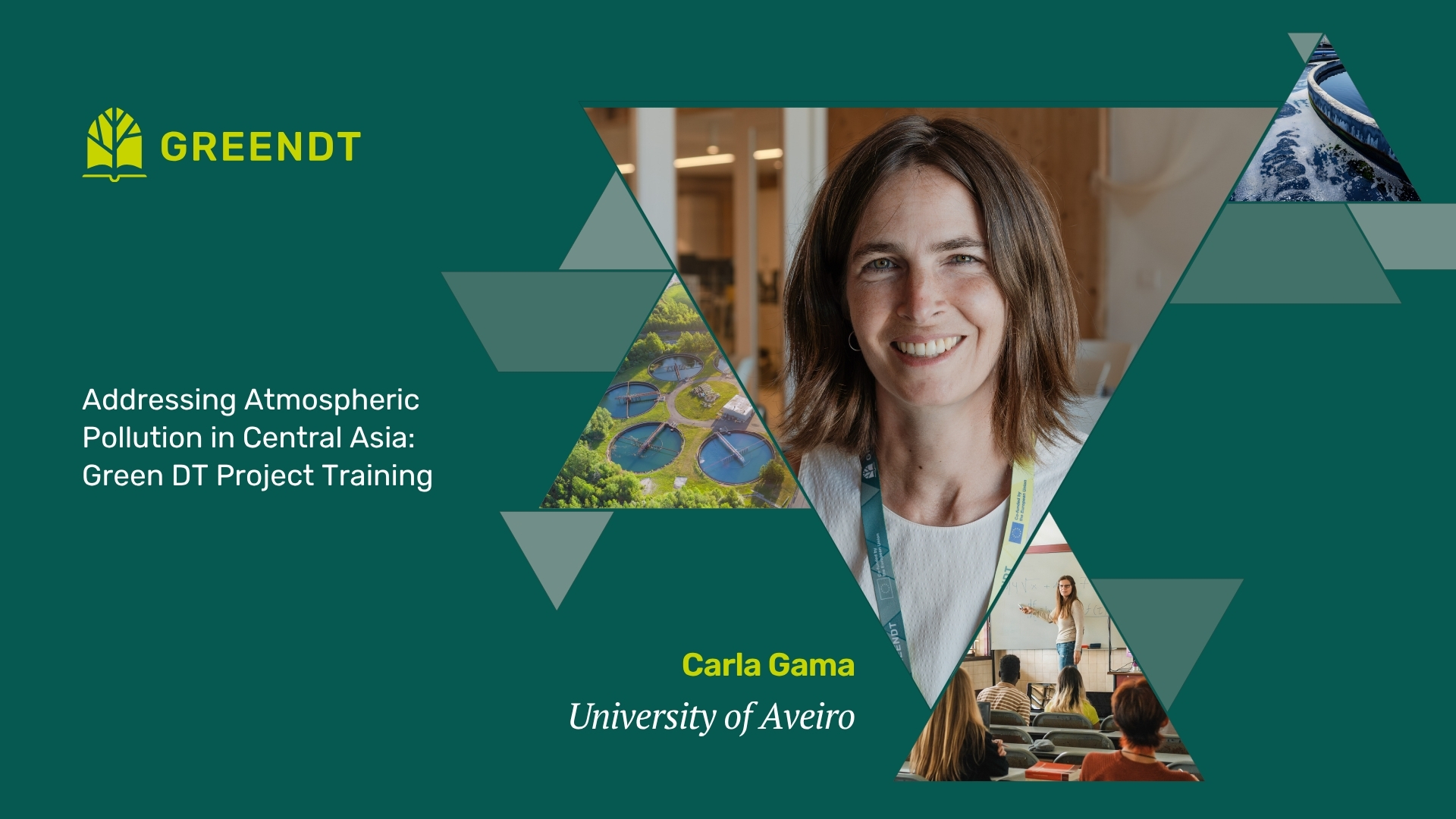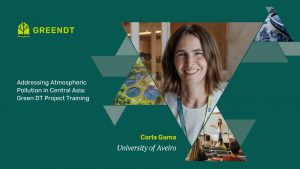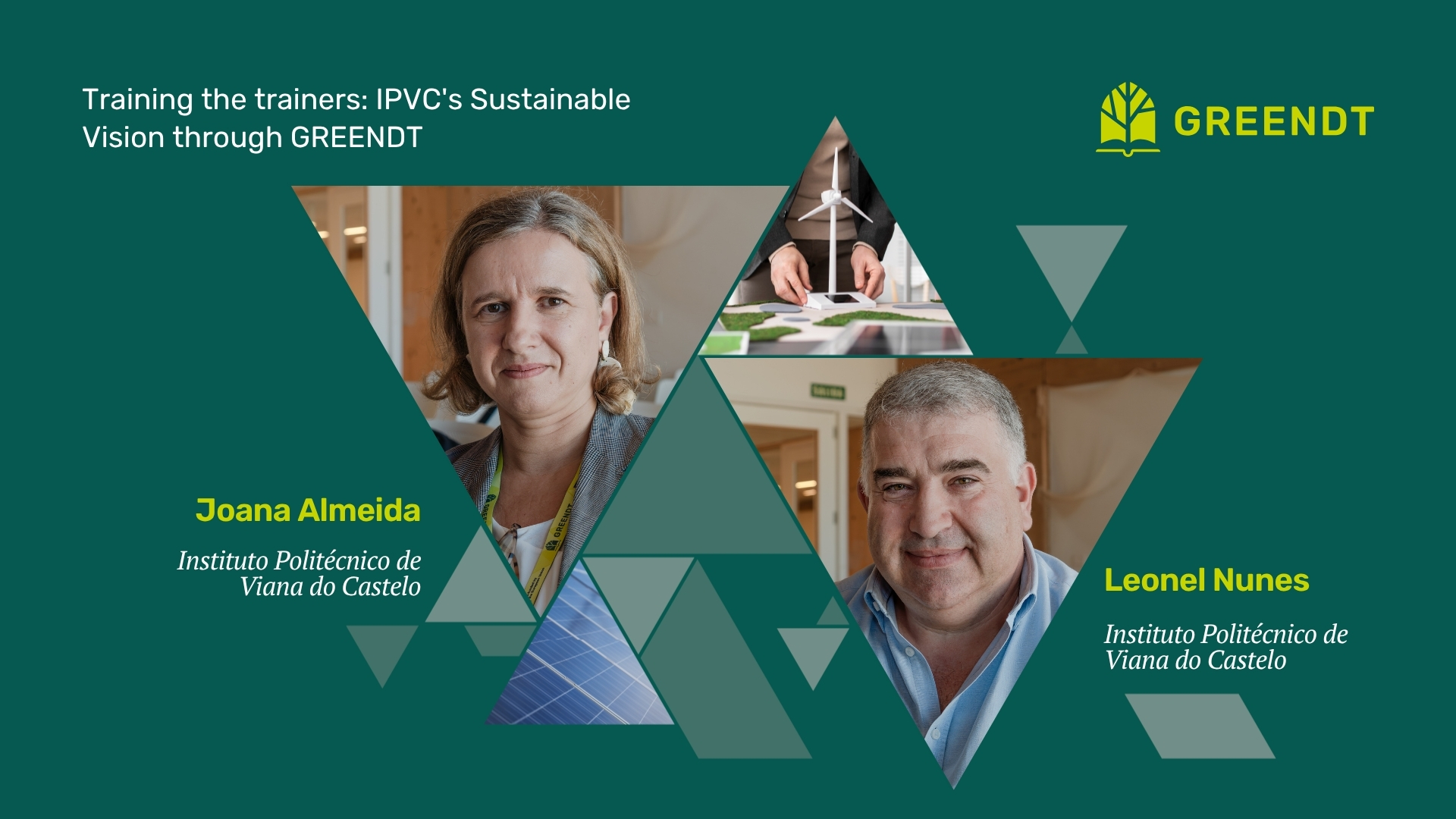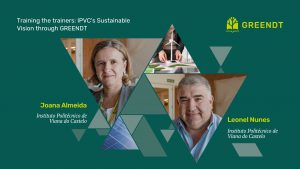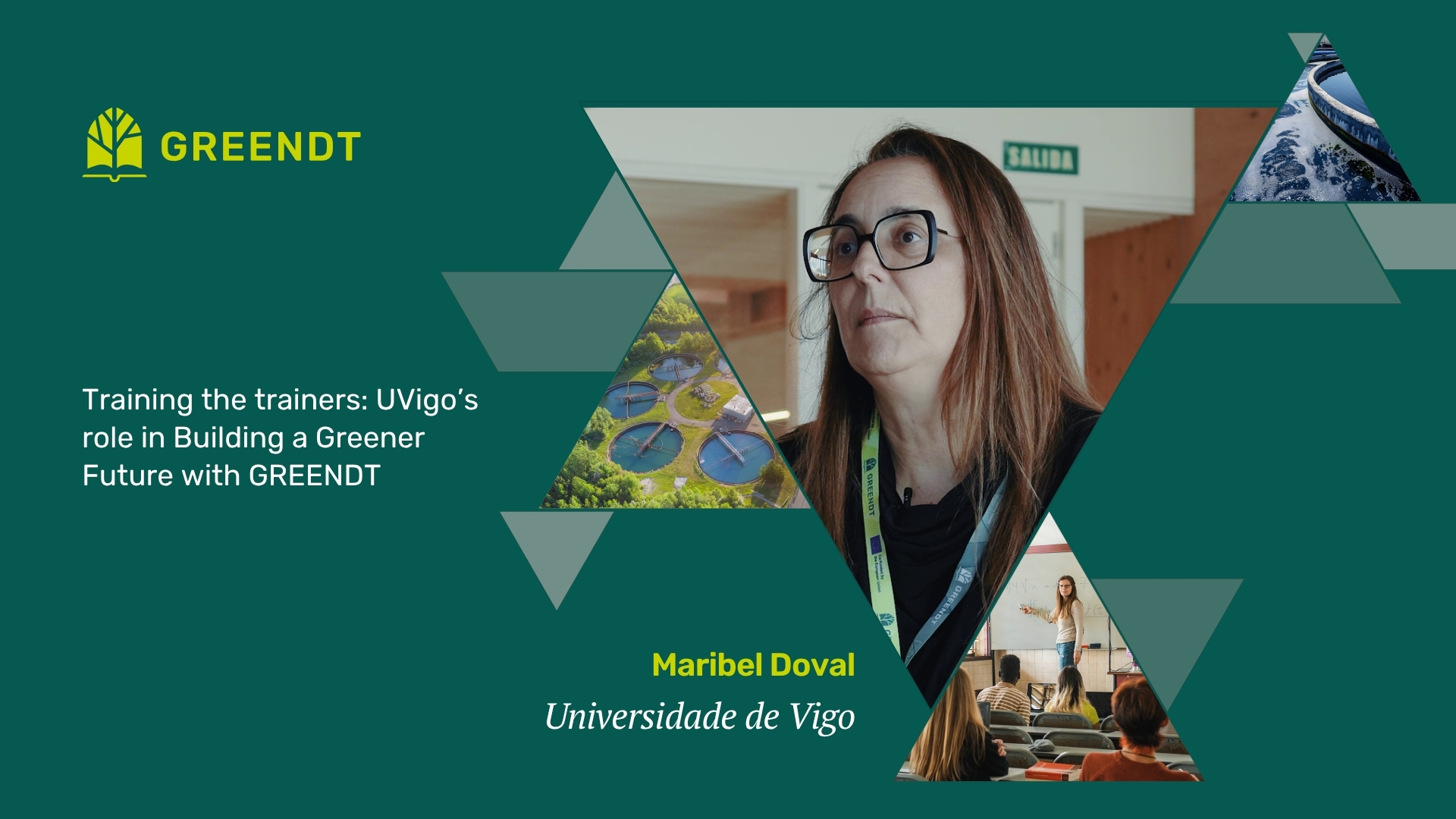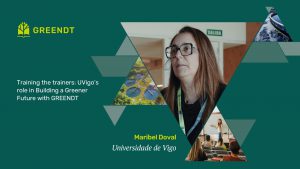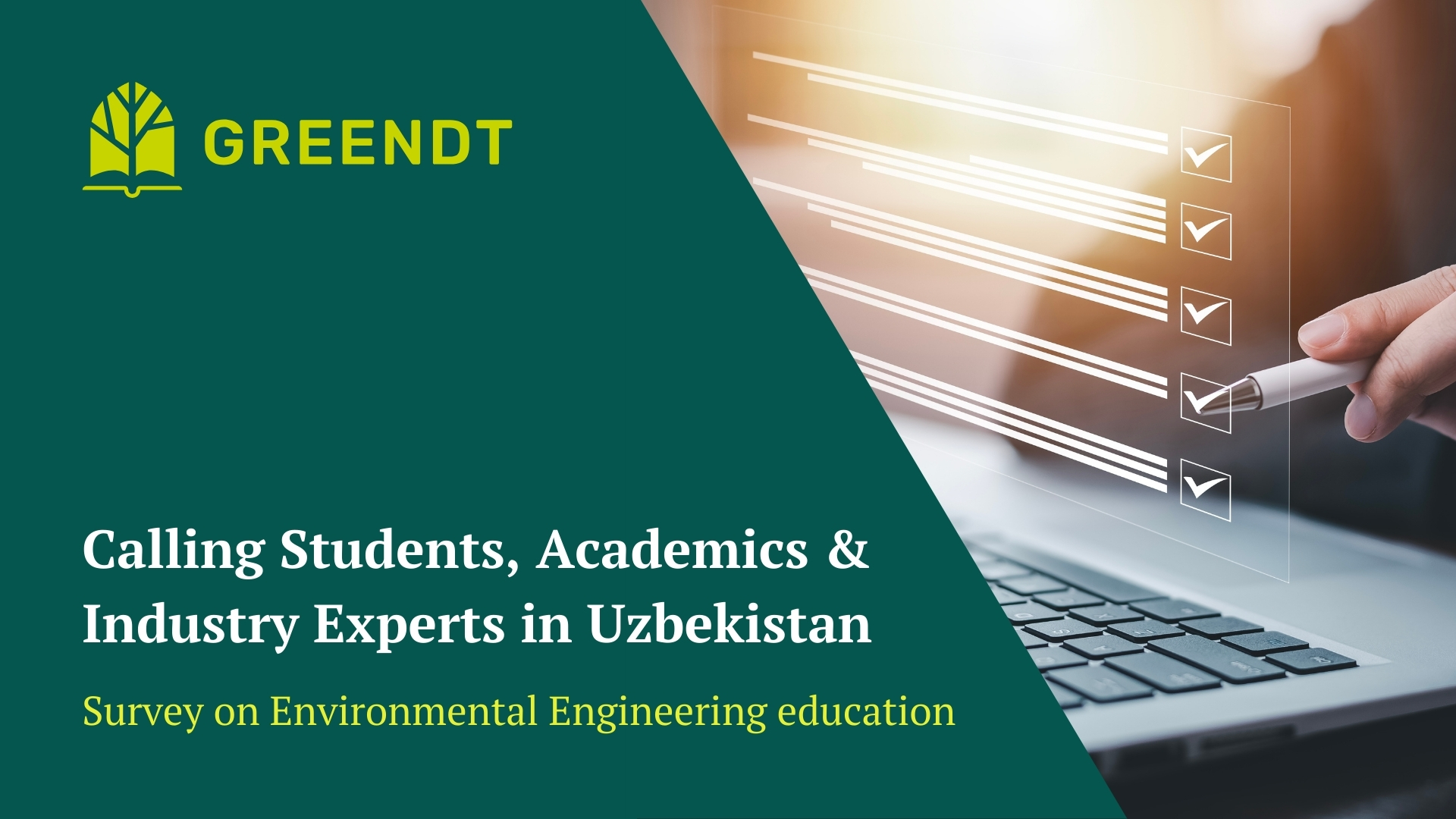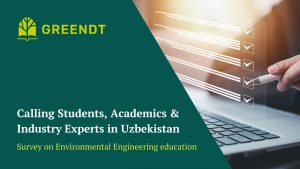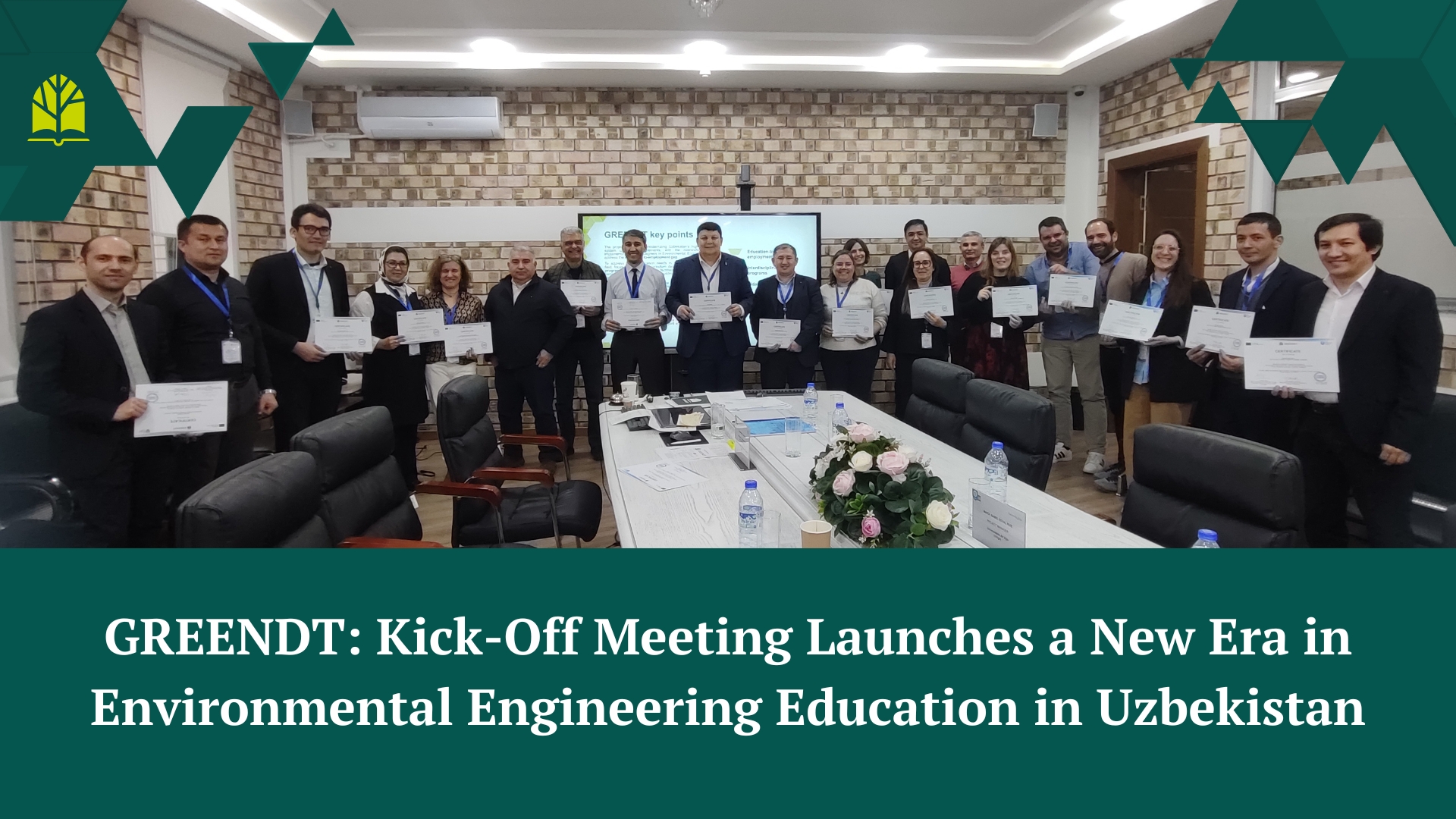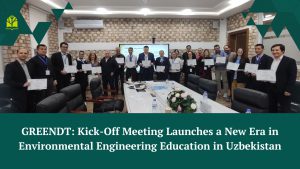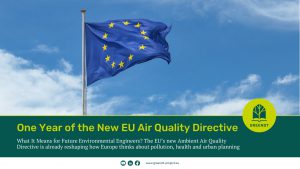
The EU’s new Ambient Air Quality Directive (EU) 2024/2881 has been in force since December 2024, and it is already reshaping how Europe thinks about pollution, health and urban planning – even though the strict new limit values only become binding in 2030. For GreenDT, which is building innovative Environmental Engineering Master Degrees aligned with the EU Green Deal, this evolving framework is a unique opportunity to connect education, research and real policy change.
From legal text to real change
Over the past year, EU countries have started translating the directive into national law, updating their rules to reflect tighter standards for pollutants like PM2.5, PM10 and NO2 and to introduce new obligations for planning and enforcement. Authorities are designating responsible bodies, defining zones and agglomerations, and preparing new air quality plans and roadmaps that must show how they will reach the 2030 targets.
At the same time, EU agencies are publishing guidance and tools to support consistent implementation, from modelling methodologies to reporting formats. This creates a growing demand for professionals able to navigate both the technical and governance dimensions of air quality, exactly where Environmental Engineering graduates can play a leading role.
Smarter monitoring, stronger rights
The directive is transforming how air quality is measured and communicated. Countries are upgrading monitoring networks, adding more stations in dense urban areas and sensitive sites such as schools and hospitals, and complementing measurements with mandatory atmospheric modelling in hotspots.
New indicators such as ultrafine particles and black carbon are gaining importance, alongside better data on health impacts, especially for vulnerable groups. Citizens also gain stronger rights to clear, real‑time information and, in certain cases, to seek compensation when authorities fail to respect air quality laws, making clean air not just a goal but an enforceable right.
Air quality today: progress and gaps
Recent analyses from the European Environment Agency show that air quality in Europe has steadily improved over the last decade, with many monitoring stations now meeting current EU standards for key pollutants. However, exposure to fine particles and ozone still remains above health‑based WHO guidelines for most urban residents, and the new 2030 EU limits will be much harder to meet without additional action.
This “gap to target” assessment helps cities and regions prioritise interventions in transport, industry, residential heating and port and airport operations, where persistent pollution hotspots remain. In practice, this means more low‑emission zones, cleaner public transport, stricter industrial permits and innovative solutions for heating and cooling – areas where environmental engineers are essential.
Why this matters for GreenDT
GreenDT’s mission is to empower staff and students in Uzbekistan’s universities by transferring knowledge and best practices from EU Environmental Engineering education, fully aligned with the Green Deal and Europe’s transition policies. The new air quality directive provides a concrete, up‑to‑date policy framework that GreenDT partners can embed in teaching, labs and collaborative projects.
Master programmes and laboratories developed under GreenDT can use the directive’s standards, monitoring requirements and planning obligations as real case studies: from designing sensor networks and modelling scenarios, to evaluating policy options and communicating risks to communities. In this way, students are not just learning about regulations on paper – they are training to become the engineers who will help cities meet those regulations and protect public health in Europe, Uzbekistan and beyond.



